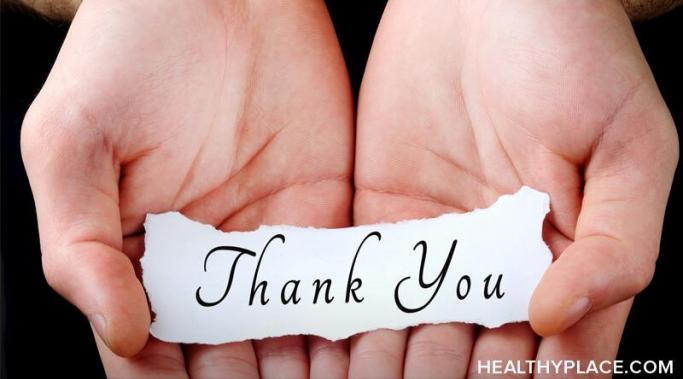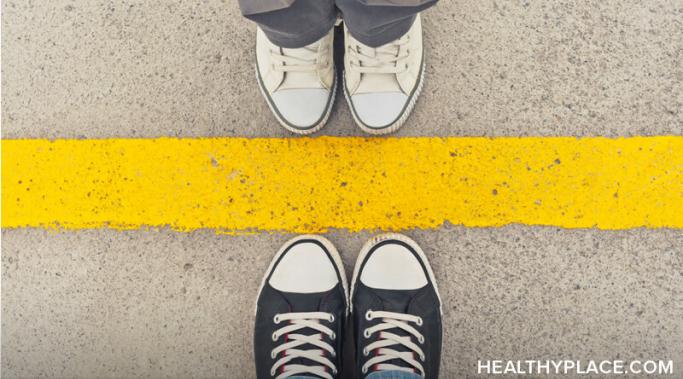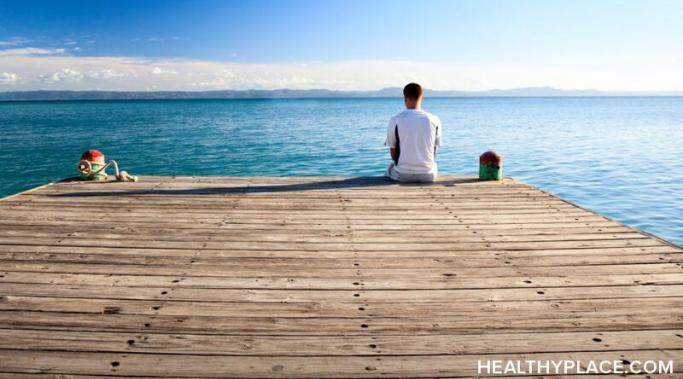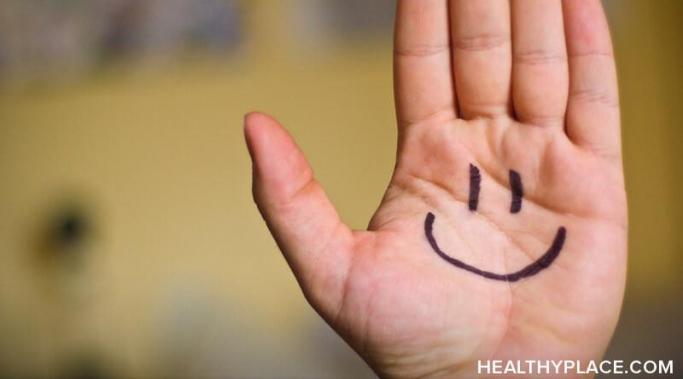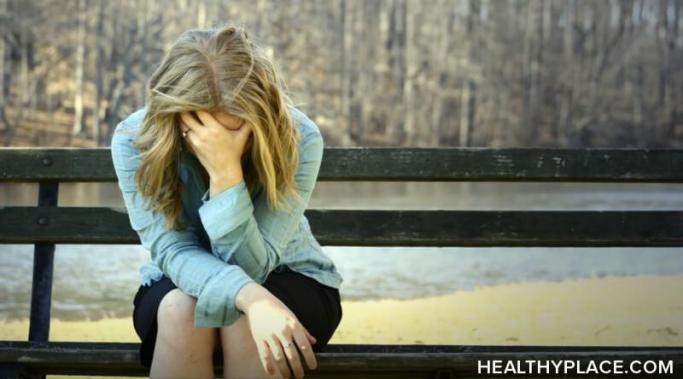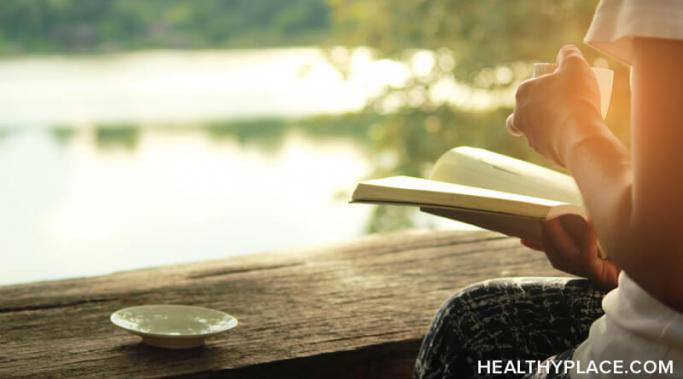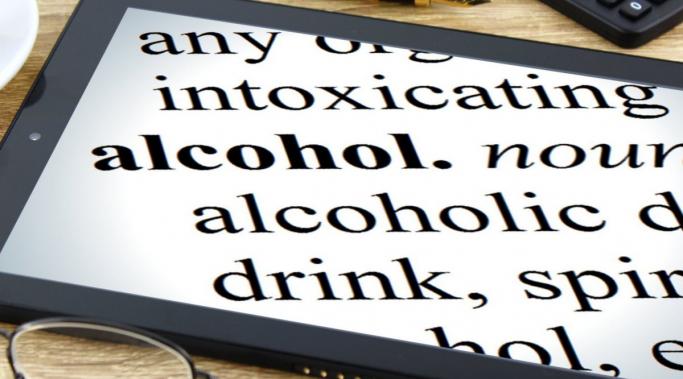I've always struggled with saying hello and goodbye -- neither comes naturally to me. Another is publicly talking about myself and sharing experiences about my recovery. So, writing at the Debunking Addiction Blog for HealthyPlace has been firmly outside my comfort zone, which is not bad -- recovery should involve challenges and moving away from familiarity. However, aspects of fearlessly discussing my alcoholism online come at the cost of increased anxiety or uneasiness.
Sobriety Musings
Forming healthy relationships in early recovery from alcoholism is tricky. If you go the route of inpatient treatment or Alcoholics Anonymous (AA), you'll soon learn the phrase "people, places, and things." Much of that boils down to avoiding people from your active addiction to help you stay sober. So, how does someone new to recovery approach forming healthy relationships and avoid ones that may lead back to alcoholism and addiction?
Depression and alcohol have always been interconnected throughout my life. I always felt that I avoided dealing with my mental health issues because it would end the illusion that I was a heavy drinker but not an alcoholic. In addition to questioning whether I was an alcoholic, another subject arose -- Is drinking every day causing my depression, or is my depression the driving force behind it all?
There is a bridge from alcoholism to recovery. I could best describe my active alcoholism as a series of flaming dumpster fires and broken, smoldering bridges. Conversely, my recovery is more about building new bridges and slowly dusting off the debris from the burned ones from my past. For me, regular self-evaluation helps me pinpoint my mental health status. I do this because better mental health bridges the gap between my recovery and alcoholism.
Recovery from addiction includes fear of the unknown, which creates skewed internal messaging. Challenging these feelings for validity is the best way to uncover their reason. After the haze of alcohol disappears, we face many complicated emotions, and our pesky brain will try to regress into old thinking. This skews whether these assumptions are valid -- all it takes is some self-evaluation to sort out which fears in recovery are false.
Shame can trap people in a cycle of alcoholism and addiction. Often, this becomes a skewed internal dialogue where the sense of shame exceeds the inciting event. An example would be someone isolating themselves from their family or friends after a potentially embarrassing episode whilst drinking. Rather than suppressing shame or guilt, I believe that exposure by self-evaluation and reflection is the best way to avoid the cycle that links shame and alcoholism.
I was thinking back to my high school days. In particular, a memory of a talk in the school hall about the danger of harder drugs told by a recovering addict. That's where the term "gateway drug" became part of my vocabulary, specifically in relation to cannabis. This gateway drug idea was true on my part -- I firmly embraced the culture of marijuana at a young age. But my first drug encounter was with alcohol at the tender age of 13.
As the youngest in a slightly dysfunctional family full of addiction and mental illness, it was no surprise that I would eventually find myself battling those same demons. I grew up surrounded by booze, drugs, and chaos with very little conversation on the seriousness of alcohol abuse and addiction.
It can be difficult to stay sober over the holidays because they're so stressful. But family dynamics, crazy in-laws, and unfulfilled expectations don’t have to threaten your sobriety. Be proactive and have a plan for surviving the holidays in addiction recovery. You can make it through this season with your sobriety intact. Here are five tips to help you stay sober over the holidays and into 2018.
Watching sober friends relapse can be heartbreaking or challenging as well as enlightening and motivating. Personally, I have seen a handful of friends go back to drinking after six months or more of sobriety (Attitudes That Can Lead to a Drug or Alcohol Relapse ). In some cases, they convinced themselves they were not alcoholics and that they could manage their drinking. In other cases, they had always had some doubt as to the severity of their powerlessness over alcohol. And in a few other cases, the relapse seemed to come from nowhere. In reality, a relapse starts long before the first drink but it's not always easy to spot. Here are the lessons I have learned from watching sober friends relapse.
